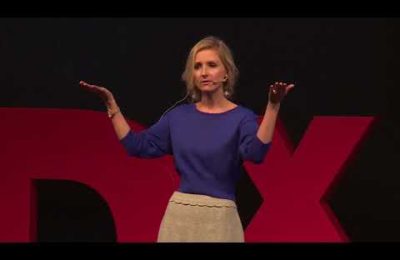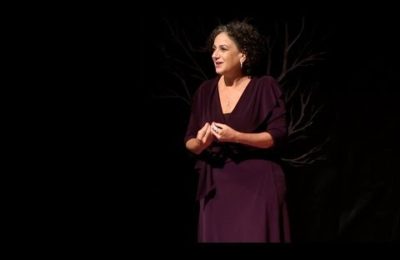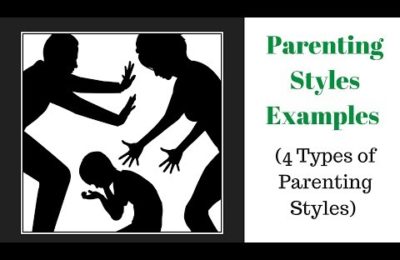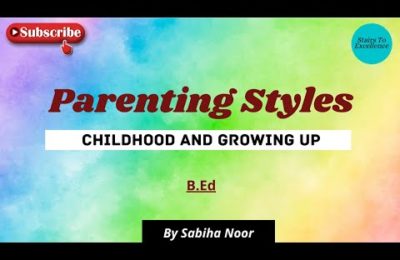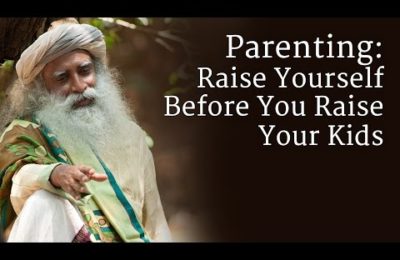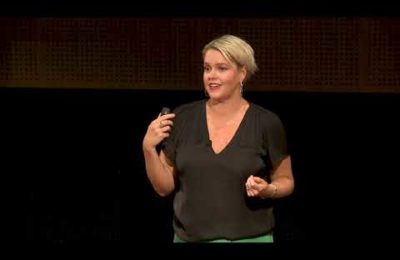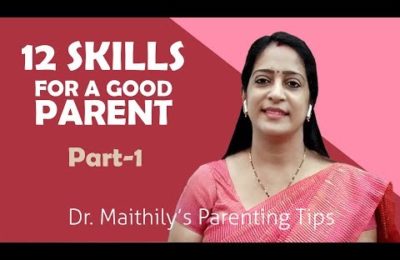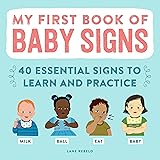Category: Psychology
How Did Your Parents Mess You Up? | Fiona Douglas | TEDxPuxi
Parenting is always a reflection of our best selves and our worst selves. Despite good intentions and efforts, every parent
What every new parent should know: Diana Eidelman at TEDxBGU
Drawing from her experience as a mother and a Family Counselor, Diana Eidelman shares her insights into challenging and often
Intro to Psychology: Crash Course Psychology #1
Want more videos about psychology every Monday and Thursday? Check out our sister channel SciShow Psych at …
Parenting Styles Examples (4 Types of Parenting Styles)
Parenting Styles Examples (4 Types of Parenting Styles) // Interested in parenting? Watch to learn four types of parenting …
4 Parenting Styles and Their Effects on Children
Hello Everyone! Today in this video, I am going to discuss about 4 types of parenting styles. In 1960’s Diana
Parenting: Raise Yourself Before You Raise Your Kids – Sadhguru
Sadhguru looks at how a child needs a friend, not a boss. If we enforce our ideas upon a child,
How To Raise Emotionally Intelligent Children | Lael Stone | TEDxDocklands
How did your parents respond to you as a child when you were upset? Can you see the impact of
12 Skills for Good Parenting (1) | Parenting tips and advice | Dr. Maithily
Good parenting is actually a skill that we parents need to master. These 12 skills are backed by scientific research
Why do men want to be fathers? 6 Minute English
Improve your English vocabulary and speaking with 6 Minute English! Why do men want to have children? Evolutionary …
10 Parenting Tips to Calm Down Any Child In a Minute
Tantrums are very common in kids aged 1 to 4. More than half of kids let their frustration out at
What is the most important influence on child development | Tom Weisner | TEDxUCLA
If you could do one thing – the most important thing – to influence the life of a young child,
The Attachment Theory: How Childhood Affects Life
The attachment theory argues that a strong emotional and physical bond to one primary caregiver in our first years of


